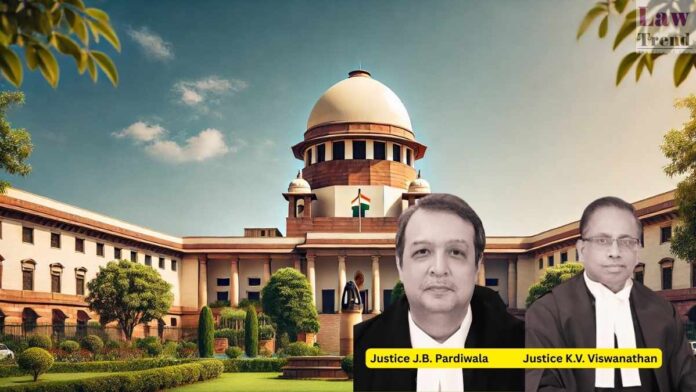The Supreme Court of India, in a significant order balancing law and equity, has regularized the MBBS admission of a student whose Scheduled Tribe certificate was invalidated due to fraud committed by her father. While upholding the invalidation of the “Mannervarlu” Scheduled Tribe status, a bench of Justice J.B. Pardiwala and Justice K.V. Viswanathan exercised
To Read More Please Subscribe to VIP Membership for Unlimited Access to All the Articles, Download Available Copies of Judgments/Order, Acess to Central/State Bare Acts, Advertisement Free Content, Access to More than 4000 Legal Drafts( Readymade Editable Formats of Suits, Petitions, Writs, Legal Notices, Divorce Petitions, 138 Notices, Bail Applications etc.) in Hindi and English.




